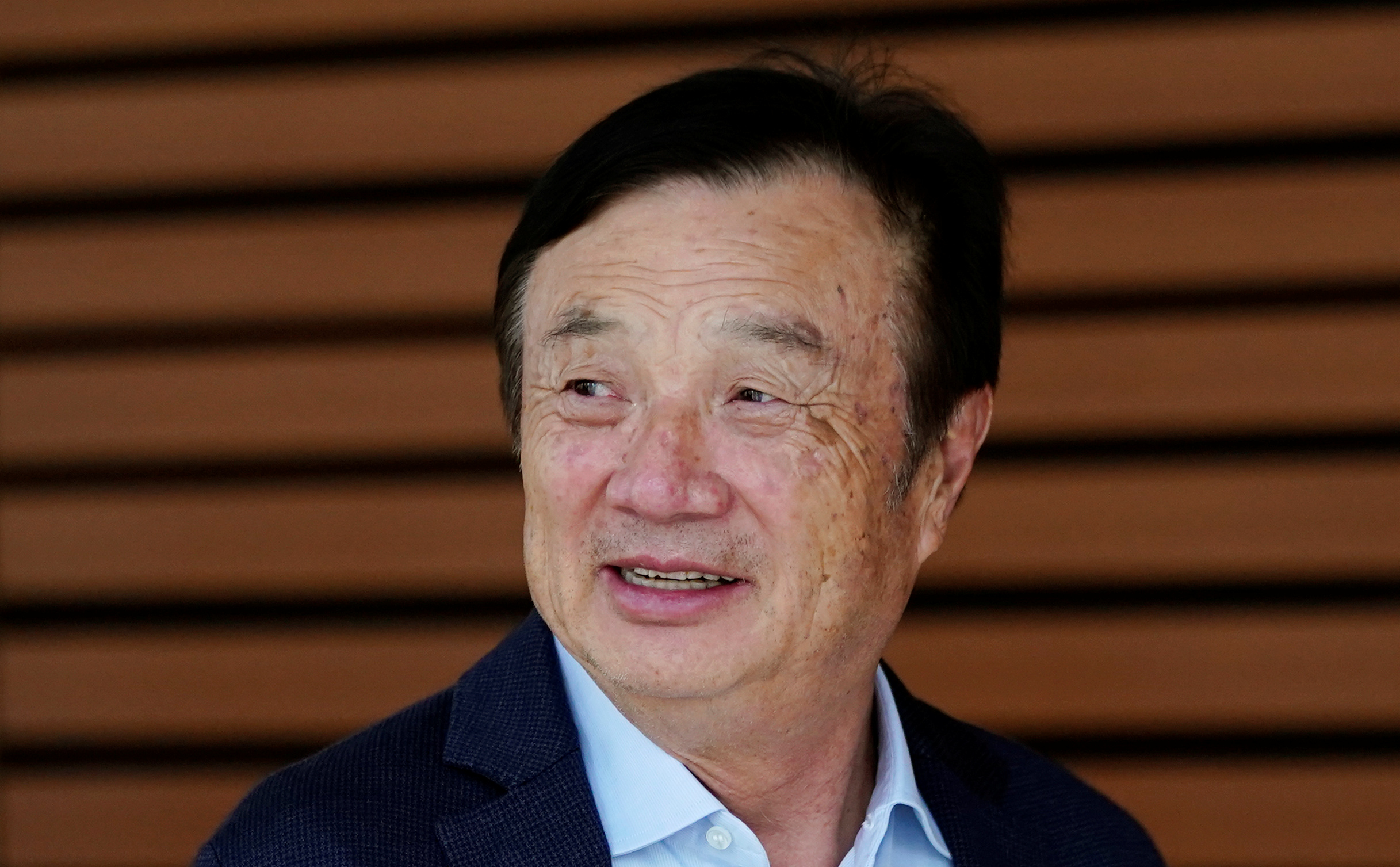(ATF) Huawei has filed a legal challenge to its designation as a US national security threat by the Federal Communications Commission (FCC) but the agency under BIden’s new acting head Jessica Rosenworcel said it was sticking by the decision taken under the previous administration.
“Last year the FCC issued a final designation identifying Huawei as a national security threat based on a substantial body of evidence developed by the FCC and numerous US national security agencies. We will continue to defend that decision,” a spokesperson for the agency told ATF.
The FCC in June 2020 designated China’s Huawei and ZTE as security threats, in a move barring US firms from tapping a $8.3 billion government fund to purchase equipment from the companies. In December the FCC rejected a petition from Huawei asking the agency to reconsider its decision.
Huawei said in a petition filed late on Monday with the Fifth Circuit Court of Appeals that the FCC order exceeded “statutory authority; violates federal law and the Constitution; is arbitrary, capricious, and an abuse of discretion.”
The agency in December completed rules requiring carriers with ZTE or Huawei equipment to “rip and replace” that equipment. It created a reimbursement program for that effort, and US lawmakers in the same month approved $1.9 billion to fund the program.
Also in December, the FCC began the process of revoking China Telecom’s permission to operate in the United States.
China Telecom, the largest Chinese telecommunications company, has had authorisation to provide telecommunications services in the US for nearly 20 years.
The FCC had in April 2020 warned that it might shut down the US operations of three state-controlled Chinese telecommunications companies, citing national security risks. They include China Telecom Americas, China Unicom Americas, Pacific Networks Corp and its wholly owned subsidiary ComNet.
In May 2019, the FCC voted to deny another state-owned Chinese telecommunications company, China Mobile, the right to provide services in the United States, citing risks that the Chinese government could use the approval to conduct espionage against the US government.
The aggressive steps taken against Huawei by the Trump administration severely impacted its business outside China, though the company’s founder took a relaxed approach to this in talking to media on Tuesday and made appeals to the Biden administration.
Ren Zhengfei said it would be “extremely difficult” for the United States to end sanctions, but that he hoped the new US administration would have an “open policy”.
Ren, who was speaking in China in his first media appearance since March last year, said it was “conducive” to the financial performance of US companies to supply Chinese firms, Reuters reported.
Huawei achieved positive growth for both 2020 revenue and net profit, Ren said, adding that the company continued to see significant levels of confidence from its customers.
He added he would welcome a call from Biden, though the new US administration is likely to try to avoid taking Trump’s personal approach to business issues and conduct regulatory dealing through what it views as appropriate channels.
The reaction of the FCC under its acting head Jessica Rosenworcel indicates that there is little US interest in relaxing existing steps taken against Huawei.
Huawei was placed on a US trade blacklist by the Commerce Department in May 2019 that effectively banned US firms from selling Huawei essential technology and last August the ban was extended to foreign firms with US business, reaching suppliers such as Taiwan Semiconductor Manufacturing Co (TSMC) which effectively cut off Huawei’s access to chip supplies.
Ren said he was confident of Huawei’s ability to survive even as its mobile business remains under pressure.
He said that the company’s push into mining technology, smart airports and other areas would offset the revenue lost from its smartphone business in a year’s time. Huawei’s consumer business made up 54.4% of the company’s revenues in 2019.
The United States should “consider the future” of its chip industry, currently barred from selling to Huawei, Ren said, noting that Intel’s market share had fallen recently.
“If the number drops further, whether the US can continue to keep its chip industry, there’s a big question mark,” he said.
























